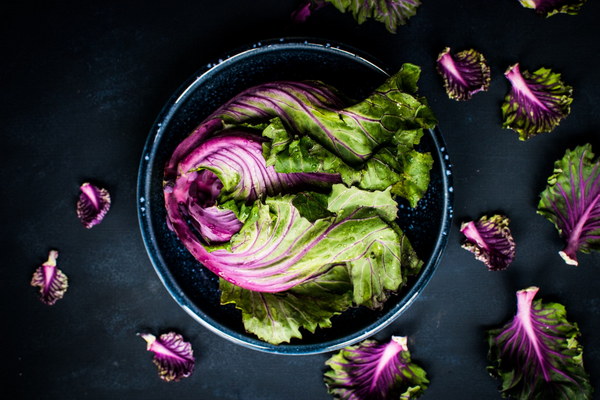The Implications of Water Not Nourishing the Wood A Discussion on Liver Kidney and Spleen Deficiency
In traditional Chinese medicine, the concept of Water Not Nourishing the Wood refers to a situation where the liver, kidney, and spleen are not receiving proper nourishment from the elements. This imbalance can lead to a variety of health issues and is often associated with a weakened immune system, fatigue, and emotional disturbances. In this article, we will explore the meaning of this concept, its causes, and potential remedies.
The liver, kidney, and spleen are considered the three key organs in traditional Chinese medicine, each playing a vital role in maintaining overall health. The liver is responsible for storing blood and governing emotions, the kidney for storing essence and governing the reproductive system, and the spleen for transforming food into energy and maintaining the body's immune system.
When water fails to nourish the wood, it signifies that there is a lack of fluidity and nourishment within the body, leading to a depletion of the liver and kidney Yin. This can manifest in various symptoms, such as:
1. Emotional disturbances: Insufficient liver Yin can lead to irritability, mood swings, and anxiety.
2. Fatigue: A lack of spleen energy can result in chronic fatigue, weakness, and lack of appetite.
3. Insomnia: The liver and kidney Yin deficiency can cause difficulty falling asleep or staying asleep.
4. Digestive issues: The spleen's role in transforming food into energy can be compromised, leading to bloating, constipation, or diarrhea.
5. Immune system dysfunction: A weakened spleen can result in a compromised immune system, making the body more susceptible to infections.
Several factors can contribute to water not nourishing the wood, including:
1. Stress: Chronic stress can deplete the liver and kidney Yin, leading to an imbalance.
2. Poor diet: A diet lacking in essential nutrients can weaken the spleen and liver.
3. Overwork: Excessive physical and mental exertion can deplete the body's energy reserves, affecting the liver, kidney, and spleen.
4. Environmental factors: Exposure to pollutants and toxins can damage the liver and kidneys.
5. Genetic predisposition: Some individuals may be more susceptible to liver, kidney, and spleen deficiency due to their genetic makeup.

To address water not nourishing the wood and restore balance to the liver, kidney, and spleen, several treatment options can be considered:
1. Acupuncture: Acupuncture can help stimulate the body's natural healing processes and restore Yin and Yang balance.
2. Herbal medicine: Herbs such as Dang Gui, Bai Zi Ren, and He Huan Pi can nourish the liver and kidney Yin and support the spleen.
3. Diet: A balanced diet rich in vitamins, minerals, and antioxidants can support the liver, kidney, and spleen. Foods such as dark leafy greens, nuts, and seeds are beneficial.
4. Lifestyle changes: Reducing stress, getting adequate sleep, and engaging in regular exercise can help restore balance to the body.
In conclusion, the concept of water not nourishing the wood in traditional Chinese medicine highlights the importance of maintaining a harmonious balance between the liver, kidney, and spleen. By addressing the underlying causes and implementing appropriate treatments, individuals can restore balance to their bodies and alleviate the symptoms associated with this imbalance.









